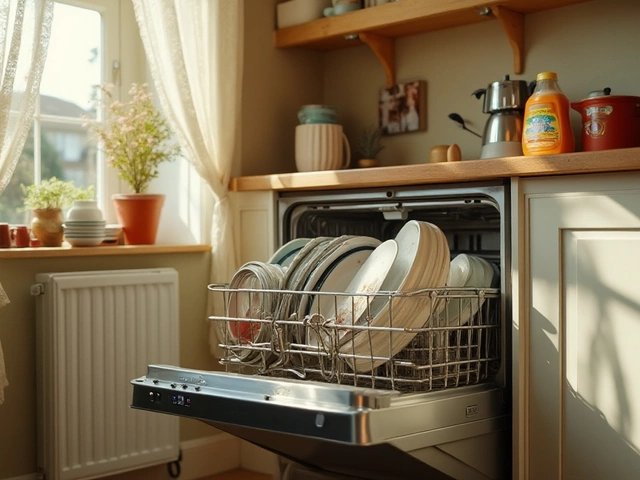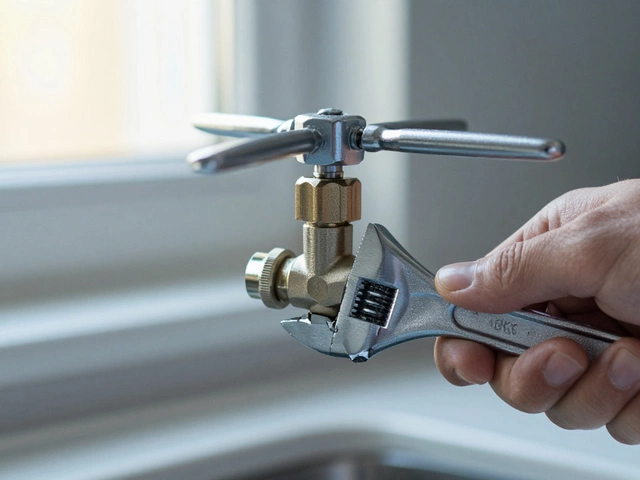30‑Year Water Heater: How Long It Really Lasts & When to Replace
Seeing a water heater that’s been in the house for three decades can feel like a badge of honor. But does a 30‑year heater still give you hot water reliably, or is it just waiting to break? In this guide we’ll break down what you need to know to keep a long‑living heater working and when you should start looking for a new one.
What Makes a Water Heater Last 30 Years?
First off, not every heater is built the same. Classic steel tank models with a good anode rod can survive a long time if you give them proper care. The anode rod is the part that eats away first, protecting the tank from rust. If you replace the rod every 2‑3 years, you cut the chance of a leak dramatically.
Water quality matters too. Hard water leaves mineral buildup inside the tank, which can shorten the life span. Installing a water softener or a simple tank flush once a year clears out that gunk. A quick flush means you empty the tank, run fresh water through the outlet, and let it sit for a few minutes before refilling.
Temperature settings also affect longevity. Most manufacturers recommend setting the thermostat at 120 °F (49 °C). Anything hotter speeds up corrosion and wastes energy. If you’re already at that setting and still get lukewarm showers, something else is probably wrong.
Signs It’s Time to Replace
Even with perfect maintenance, a heater can hit a point where repairs cost more than a new unit. Look out for these red flags:
- Rusty water – If you see brown water coming from the tap, the tank is likely corroding inside.
- Strange noises – Popping or rumbling sounds mean sediment is building up and heating unevenly.
- Leaks – Any water around the base of the heater is a clear sign the tank has cracked.
- Age + frequent repairs – If you’ve already spent a few hundred pounds on fixes in the last year, a new heater will probably save you money.
When one of these shows up, call a pro for a quick inspection. A technician can test the pressure‑relief valve, check the anode, and tell you if a replacement makes sense.
Choosing a new heater? Look for a model with a good warranty (10‑12 years is common) and a high Energy Factor (EF). Modern tanks are more efficient, so you’ll see lower bills even after the upfront cost.
Bottom line: A 30‑year water heater can still work if you keep up with the anode rod, flush the tank, and stay on the right temperature. But watch the warning signs. When the heater starts leaking, making loud noises, or giving you rusty water, it’s time to replace it before you end up with a cold shower.






